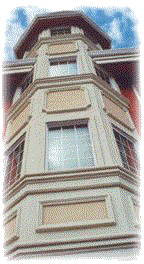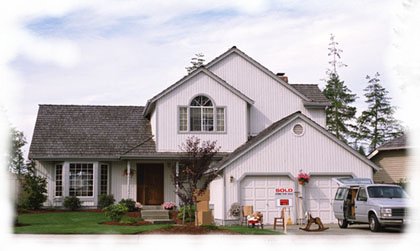

"by
prescription
for
physicians"
NOW
IN: New York:
ORANGE
SULLIVAN ROCKLAND MANHATTAN
& WESTCHESTER
Pennsylvania:
BUCKS PIKE
MONROE LEHIGH
NORTHAMPTON CARBONA
TOXIC MOLD LEAD PAINT EMF-EMR RADON & INDOOR AIR QUALITY INVESTIGATIONS
NEW JERSEY INDOOR ENVIRONMENTAL HEALTH SCIENCES


*INVESTIGATIONS
& ANALYSIS
FOR FAMILY HEALTH - REAL PROPERTY LEGAL/FORENSIC-
WE SELL NOTHING
*
RECOMMENDATIONS
FOR REMEDIATION & ABATEMENT
2ND OPINIONS WITH
FULL MEDICAL CERTIFICATION **
 | Residential |
Services
|Fees |Commercial
|Legal|
Mold Info |News |FAQ
| Residential |
Services
|Fees |Commercial
|Legal|
Mold Info |News |FAQ

|
|
||||
NOW
IN: New York: |
ORANGE
SULLIVAN ROCKLAND MANHATTAN
& WESTCHESTER |
||||
Pennsylvania:
|
BUCKS PIKE MONROE LEHIGH NORTHAMPTON CARBONA |
NEW JERSEY INDOOR ENVIRONMENTAL HEALTH SCIENCES |
|
*INVESTIGATIONS & ANALYSIS FOR FAMILY HEALTH - REAL PROPERTY LEGAL/FORENSIC- WE SELL NOTHING * |
RECOMMENDATIONS FOR REMEDIATION & ABATEMENT 2ND OPINIONS WITH FULL MEDICAL CERTIFICATION ** |
|
|
TIPS FOR LANDLORDS AND RENTERS
BEFORE OCCUPANCY
Prevent tenant claims
for mold damage to property including clothing, furniture, books,
and other household items. Protect against
tenant mold health injury and disease claims by
inspecting immediately with full documentation. Obtain a
professional study, analysis, and recommendation for
repair, mold removal for full remediation and abatement
of any potentially toxic mold if so foundbased upon a comptent subClinical Investigation® and the appropriate investigative protocol.
WHAT
TO DO AFTER OCCUPANCY AND MOLD PROBLEMS ARE DISCOVERED
Estimates are as high as 10% of all properties have a mold associated problem. Most often mold is innocently overlooked, ignored or just not identified even during the course of a general home inspection. A clinical/medical specialist must be consulted. In all cases if you find a mold shortly after you occupy the property you must IMMEDIATELY have it professionally inspected. The inspector will document the damage and presence of the mold infestation for you and your landlord. BUT this must be done immediately - the longer you wait the more the liability transfers to you - the new tenant. IF you have a health concern or newly acquired health condtion or recently diagnosied by your medical doctor or that you believe may be associated with a mold presence see your physician immediately. Note in most cases reactions will cease once away from the causative factor. IF YOU BELIEVE YOU HAVE ACQUIRED A MOLD RELATED INJURY, DISEASE OR AILMENT HAVE THE RENTAL INSPECTED BY OUR SPECIALISTS FOR SAMPLING TO BE FORWARDED TO YOUR MEDICAL DOCTOR FOR CONSIDERATION AND OR ATTORNEY FOR ANY CLAIMS THAT MAY ARISE. NOTE: THIS MUST BE DONE IMMEDIATELY TO PRESERVE YOUR CLAIM IF YOU ARE SEEKING COMPENSATION MEDICALLY OR FOR MOLD PROPERTY DAMAGE. CALL 973-726-9559 FOR FREE MOLD CONSULTATION |
LET OUR CERTIFIED INVESTIGATORS AND EXPERIENCED MEDICAL MYCOLOGISTS ELIMINATE THE LEGAL PITFALLS AND LIABILITIES ASSOCIATED WITH RENTAL PROPERTY. CALL FOR A FREE CONFIDENTIAL CONSULTATION. WE HAVE A CERTIFIED LEGAL COUNSEL TO ANSWER YOUR QUESTIONS.
CALL FOR A FREE CONSULTATION.



